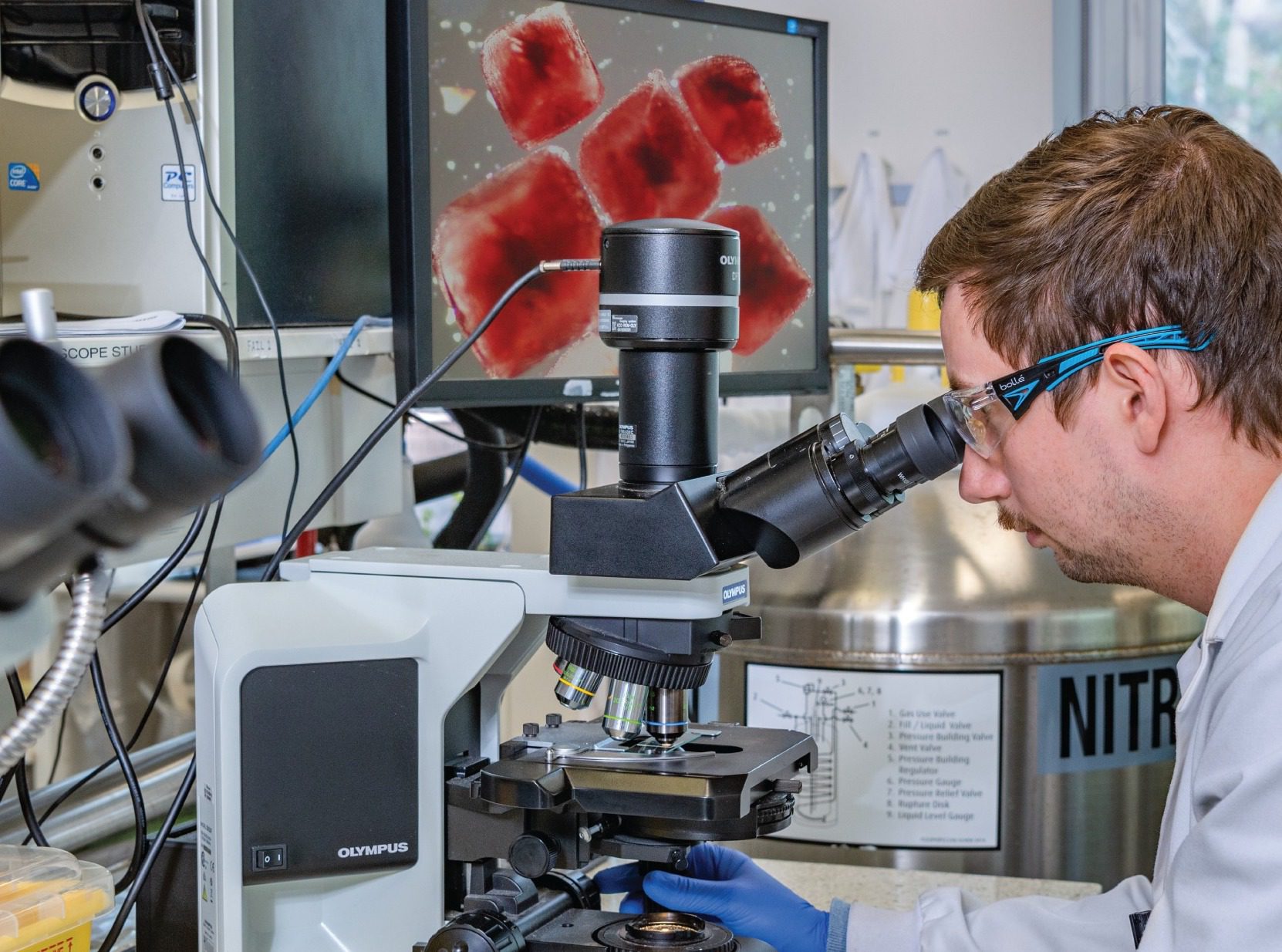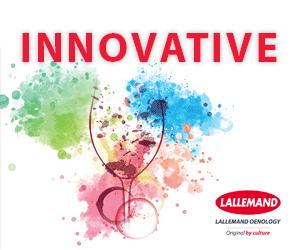
As reported in The Week That Was, the Australian Wine Research Institute is under attack because of dwindling funds. Winemaker Peter Dawson, who served on the AWRI Board for 11 years, four as chair, says the situation is cause for deep concern.
All Australian grapegrowers and winemakers should be deeply concerned by the AWRI’s contraction and loss of capability as reported last week in The Week That Was under ‘Institute under attack’.
As an industry-owned research organisation the AWRI has long been the envy of global competitors and has been at the forefront of the Australian wine industry’s reputation as a leader in innovation and technical excellence.
No other research organisation in the world has successfully combined high level expertise in chemistry, microbiology, viticulture, genomics and sensory science to challenge the mystery of wine and to develop our current understanding of it.
At pivotal moments in our short winemaking history, be they related to microbiological stability, flavour compounds, closure performance, Brettanomyces or smoke taint, the AWRI has been on hand to provide and communicate informed responses to issues that have collectively cost our industry hundreds of millions of dollars.
When it comes to funding the AWRI’s activity, it is not smaller vintages and less levy funds that are behind Wine Australia’s constrictive financial support.
Wine Australia would defend its declining support of the AWRI by saying that it is accountable to the Federal Government to get the best return on investment in RD&E through a competitive tendering and evaluation process.
Governments of both political persuasions have been eager to contain or reduce investment in agricultural R&D and are keen to see Government matched wine sector levy funds invested in cross sectorial R&D on the basis that outcomes will be equally beneficial to the growing of grapes, wheat or lamb carcasses.
The icing on the cake is the incumbent Government seeking 10 percent of grape and wine R&D funding to support its biosecurity strategy.
A further drain on R&D funding is the transactional cost of grant applications and reporting.
It is not unique to the wine sector but as the pressure to be politically accountable and equitable increases, researchers are spending more time applying for grants than doing research.
At the same time while levy funds are reducing in real terms, Wine Australia appears to be employing more people to administer RD&E.
There is no question that in the absence of any change to the level of the current grape and wine levy, coupled with smaller forecast vintages, that the challenge of funding effective wine sector RD&E and the AWRI in particular, is only going to increase.
Under these circumstances a common sense, practical solution would see Wine Australia form a working partnership with AWRI that would result in sustainable funding, currently $7 million rather than $5 million and a working relationship that reduces funds lost in bureaucracy and respects AWRI as our industry-owned, world leading wine research institute.
Photograph: AWRI Facebook Page.













Totally agree with suggestions from Peter Dawson on funding and partnership. The biosecurity strategy of the Albanese Government is an outrageous insult to primary producers. Why do we need to put science research through so many bureaucratic processes? It can take a lifetime of trial and error and observations of changes across decades to make a breakthrough. Access to facilities, trust in scientific methods and acknowledgement that research takes time should guide our investment in R&D in primary production. A stable workforce with certainty in employment helps develop the next generation of scientists and researchers. You can afford to be generous to those younger than you if you can be confident that their next great idea will not cause you to join the ranks of the unemployed. We need to think like the Chinese when it comes to research, not 5 or 10 year plans, but 20 to 50 year visions and ambitions.